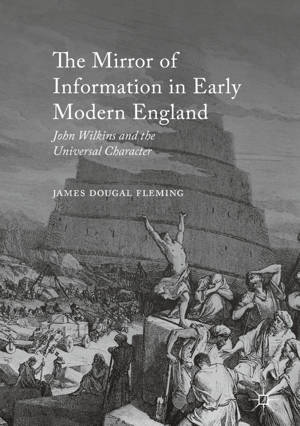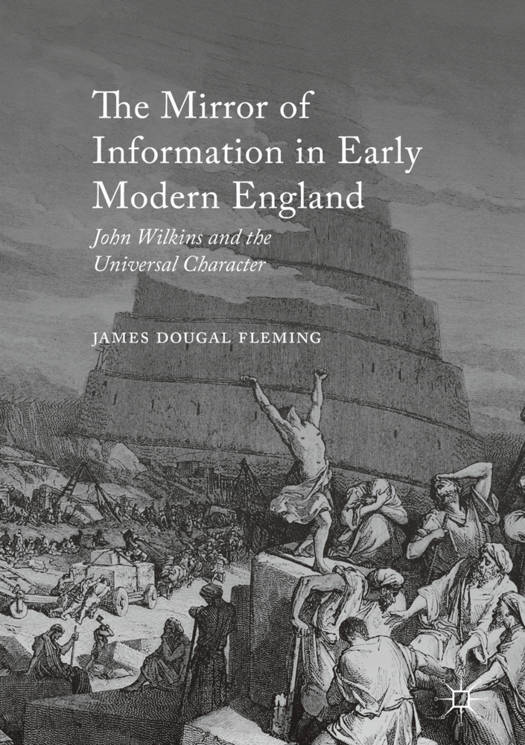
- Retrait gratuit dans votre magasin Club
- 7.000.000 titres dans notre catalogue
- Payer en toute sécurité
- Toujours un magasin près de chez vous
- Retrait gratuit dans votre magasin Club
- 7.000.0000 titres dans notre catalogue
- Payer en toute sécurité
- Toujours un magasin près de chez vous
The Mirror of Information in Early Modern England
John Wilkins and the Universal Character
James Dougal FlemingDescription
This book examines the seventeenth-century project for a "real" or "universal" character: a scientific and objective code. Focusing on the Essay towards a real character, and a philosophical language (1668) of the polymath John Wilkins, Fleming provides a detailed explanation of how a real character actually was supposed to work. He argues that the period movement should not be understood as a curious episode in the history of language, but as an illuminating avatar of information technology. A non-oral code, supposedly amounting to a script of things, the character was to support scientific discourse through a universal database, in alignment with cosmic truths. In all these ways, J.D. Fleming argues, the world of the character bears phenomenological comparison to the world of modern digital information--what has been called the infosphere.
Spécifications
Parties prenantes
- Auteur(s) :
- Editeur:
Contenu
- Nombre de pages :
- 292
- Langue:
- Anglais
Caractéristiques
- EAN:
- 9783319403007
- Date de parution :
- 04-11-16
- Format:
- Livre relié
- Format numérique:
- Genaaid
- Dimensions :
- 155 mm x 219 mm
- Poids :
- 508 g

Les avis
Nous publions uniquement les avis qui respectent les conditions requises. Consultez nos conditions pour les avis.






